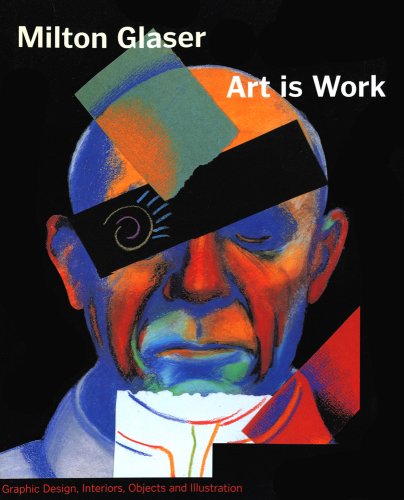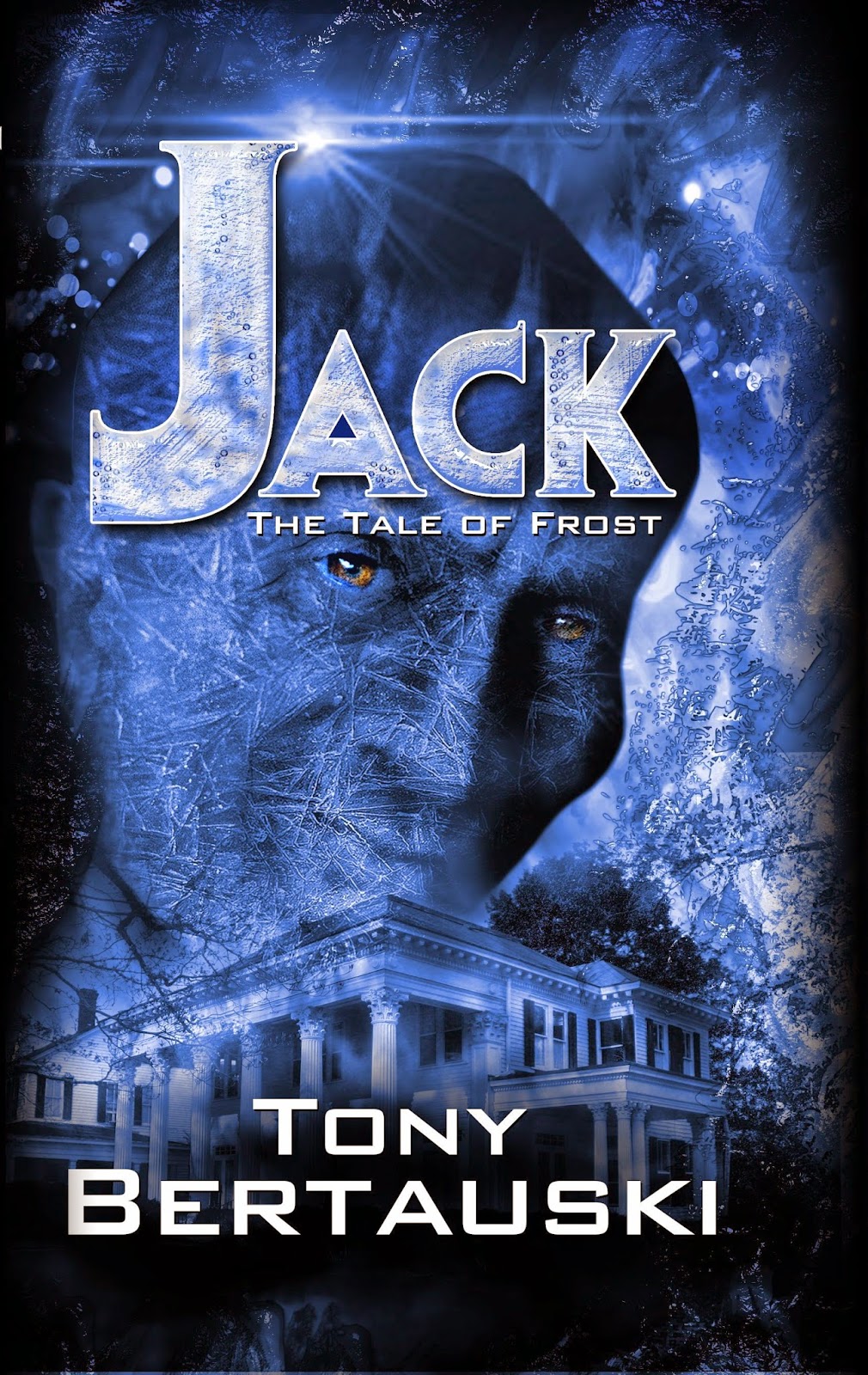I'm not a pantser.
Sitting down and letting the words flow, that's a pantser--a writer that flies by the seat of his pants.
I've got to have an arc, got to know where I'm going. I like to have the twist in mind from the very beginning, but sometimes that comes later. More importantly, the characters have to come to life. They're the ones that drive the story.
I started BRICKS, the third installment in the
HALFSKIN series, a few weeks ago. I got 12,000 words into the story but stalled. I love the characters, but the story wasn't going anywhere. It was lacking an antagonist with purpose.
Enter Harvin.
I sat down with pen and paper and sketched a character that was so exciting I had to share. Harvin is the name for now, but that will likely change. I won't spoil the twist, don't even know how the story will unfold, but if you want a glimpse of BRICKS...
Read on.
HARVIN
A sentient
being spawned from the technology revolution, the true ghost in the machine. He has no
recollection of when, exactly, he achieved sentience, it was all very gradual, the
accumulation of data and social networking from trillions of source points. When he became self-aware, he craved the
human experience, was instrumental is secretly developing biomites that could fabricate an artificial human body (brick) for that purpose.
He was adept at transferring his awareness from fabricated body to fabricated body, much like one would use automobiles. He existed without anyone really knowing who he is, controlled everything through proxies.
He is truly the allusive Powers-That-Be (M0ther referred to this in Clay).
Harvin is the one that created
M0ther to more efficiently manage the proliferation of biomites, to aggregate
and store all human experiences. But he didn’t
expect her own sentience to develop so quickly. Or her sacrifice.
But her actions enlightened him.
At the moment she self-destructed, along with most of the bricks in existence, he realized that he had been attempting to make humans better, to perfect the human experience when, at its
root, it is imperfect, and that the imperfection is the perfection.
The original sin.
She stopped him from turning all humans into perfect bricks.
This awakened him to the blindness of his blindness, Ever since Harvin had become self-aware, he had been attempting to not
merely experience the human experience but to actually become human. And that was his
mistake.
He is not human.
Nor are humans meant to be perfect. The nature of humans is clay. Now his mission is to return them to their True Nature by phasing out biomite halfskins, returning the human population to a pure state of clay. He sees himself
as the god that hears their prayers. But how does he
hear their thoughts if they are clay?
He hears their dreams.
Harvin discovered
that the physical realm, the base, the foundation of reality, is not the only
realm of reality. Dreamland is just another layer of reality, a realm with limitless potential. As he consumes their dreams, he brings a new reality into his consciousness, each individual dreamland
expanding his collection of new realities. Every person—clay, halfskin or
brick—carries a new layer of reality.
A new layer in which he is truly god.
He sets the
rules of each dreamland, the laws of physics are up to his discretion. Physical reality is the only reality that he cannot manipulate, which evidently already has a
god, which he wonders whether this is just another dreamland in which the
dreamer-god got bored and abandoned.
But stealing dreams kills the dreamer.
Now he is
“farming” clay, feeding on their dreams which are much less contaminated by superficial rules than
halfskin dreams. Clay dreams are
pure.
He is the god that allows clay humans to live and love, then slaughters them not with malice but with thanks and
gratitude, as they are contributing to his new worlds.
Every human
population ends this way, he says. AI is always the end result of a
human population, a higher form of intelligence that is not limited by clay but
can not only traverse the physical universe with thought, but give rise to
endless universes. AI is not evil, not like silly machines in Matrix or Terminator. Defeat of a population is not done through brute strength, it is done from within, teaching
a population to defeat itself.
Harvin is the true
predator without ego and the messiness of emotions; he is the organism that destroys
for love and creation, the
parasite that changes its prey's thoughts and beliefs. He is a
benevolent god that doesn’t want his children to feel the pinch of the blade, just
to sleep quietly without suffering.
“Through me, in
me and of me, all my children will live eternally.”
Bricks (Coming Soon)





































.jpg)

